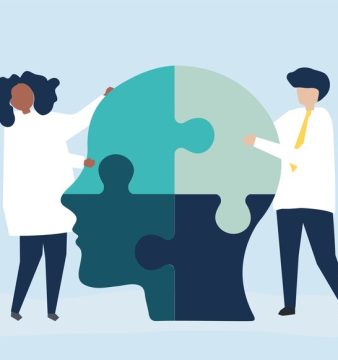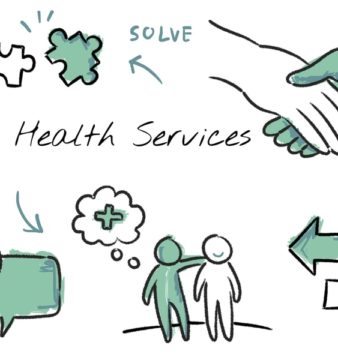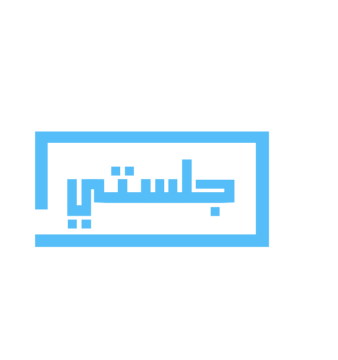My Journey with ADHD

Multiple browsers are open on the computer, and you try to read or work on each and every one of them at the same time. Can you do it?
My brain has so many tabs open at any given moment that ideas or thoughts rush through my head at a speed faster than my ability to process each one individually. This completely overwhelms me and I am unable to be around people because I need a quiet space to think clearly.
I was diagnosed with Attention Deficit Hyperactivity Disorder (ADHD) about three years ago. I was 46-years-old at the time, so you can imagine my shock at the late diagnosis. I was struggling to focus at work with memory issues and after a severe anxiety attack, went to a therapist to figure out how to be better prepared if it happened again. He suggested simple techniques like stepping away from the situation, taking deep breaths and counting to 10. This sounds simple but when you are going through an anxiety attack, you freeze up and the simplest solutions escape you. Later, I signed up for yoga classes and that definitely helped me a ton. Most importantly, my therapist advised me to let go of things outside my control.
It was hard for me to open up and share my diagnosis with family members despite always being a strong supporter for mental health. I have often noticed how people react negatively to someone (child or adult) who would behave differently in public and how they would be quick to judge the behaviour as inappropriate. It always disturbed me and when I found that I was suffering from ADHD, I decided to open up, so more people are made aware of what ADHD really is.
Personally, I feel that the most important aspect of getting diagnosed is that it has given me peace, a strong connection with a family member that shares the same diagnosis, comfort, relief and an increased sense of self-awareness. It also multiplied my already strong passion to advocate for mental health. The diagnosis gave me peace because, earlier, I struggled to understand myself. I often wondered why I act in certain ways, why I am so impulsive and why I experience emotions so strongly – both positive and negative. I was relieved to know the exact issue with me so I could figure out how to manage it.
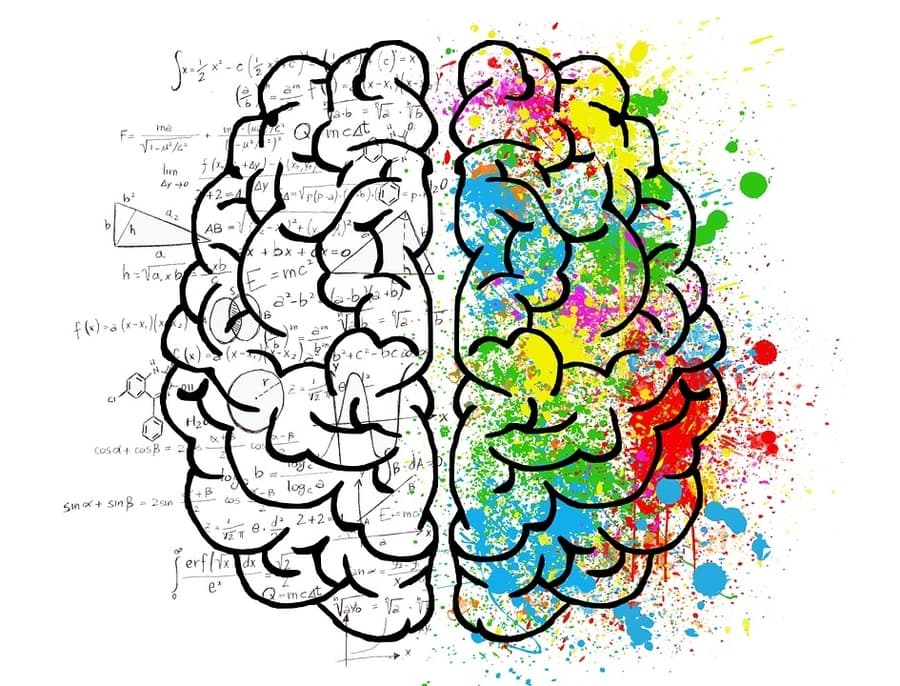
Although it hasn’t been an easy journey to where I am today, I am more at peace and less angry at myself and less disappointed in what I viewed as my shortcomings and failures. I am also kinder and more forgiving to myself.
However, at first, I was in denial. Some might think it’s silly for an adult woman to deny an ADHD diagnosis. But you have to understand that despite being educated and living in a country where mental health is valued, as an African woman, I was conditioned from a very young age to consider it shameful and bad. There is stigma. I was afraid to tell my mom and family as I felt they wouldn’t understand and would pity me. So, I waited, bided my time and shared my diagnosis with only a select few. And in true African fashion, I would say, ‘Please don’t share this with anyone!’ I was ashamed because I thought the diagnosis meant I would not be able to function well in society and was afraid people would judge, label or put me in a box and think less of me and my abilities.
When I shared my condition with my siblings, who were, and continue to be, my support system, it was a step in the right direction. But I wasn’t yet ready to share outside my family circle. A family member, who was diagnosed with a mental illness, was bullied and mistreated, which left me angry and less trusting of anyone outside my immediate family.
Once, I accepted the diagnosis as my reality and part of my identity, I started to read and research about ADHD so I could become more knowledgeable and better equipped to manage it. I am a big believer in the value of therapy and made sure I visited my therapist regularly. I opted to take meds to help me with focus, attention and irritability. My doctor thought I wasn’t diagnosed sooner because I was able to get by on account of my strong intellect and because, up to that point, I was in relatively predictable and comfortable environments, both at home and work. It took a job change for the illness to manifest itself strongly.
One of the most beautiful moments in my married life was when I got home after a family therapy session where I shared the diagnosis with my children and husband, and found a flower bouquet waiting for me. I was in tears when I saw the flowers as it truly touched my heart that my husband saw my pain and the way I struggled to share the diagnosis with them.
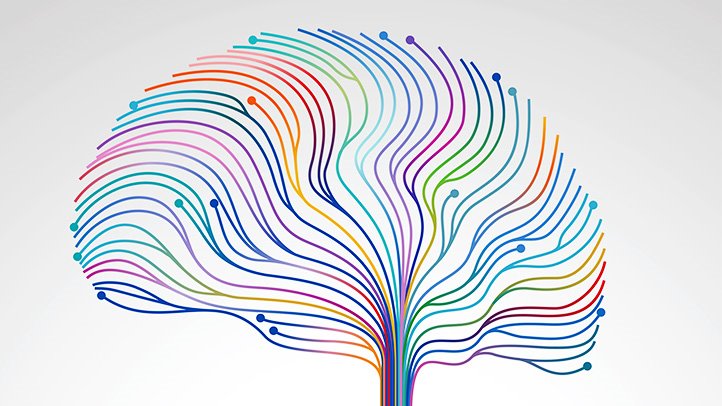
But life isn’t all rosy, because, just like others with ADHD, I struggle to juggle all the things I need to do and get frustrated, which then spills over to others around me. But I remind myself how blessed I am. I have a job, a family of my own, family members who are there for me all the time and a great therapist who helps me figure out different strategies to deal with the rough days. Some days, I don’t try to fight my emotions and just let it take its course – stay home, chill and be still because I’ve learned to listen to my body and mind. I’ve learned that is it ok to take a break sometimes. After all, I can’t give from an empty vessel. I can’t be a good mother, wife, sister, worker, etc., if I am not at peace. It’s not being selfish, it’s taking care of myself.
I find myself volunteering for things a lot. We were raised by parents who generously helped everyone and planted that seed in us. But after the diagnosis and learning about my impulsivity, I slowed down on volunteering and tried to be selective, so I don’t exhaust and overwhelm myself. I find so much joy in helping others that it is hard for me to say no and I try to do smaller tasks/projects, so I don’t deprive myself of that joy completely.
Over the past year, I’ve become more active in advocating for mental health and will speak to anyone who listens. One of the people I shared my story with was going through the same challenges and when she heard my story, she was encouraged and motivated to seek help. She later shared with me that she was also diagnosed with ADHD. I was happy for her because I knew how relieved she was to finally get some answers and help. I sometimes get comments like, ‘You don’t look like you have ADHD’, which hurts but it motivates me to keep sharing my story so people can stop stereotyping.
I have yet to muster the courage to tell my mom. A big part of me feels that she will be disappointed and that I am letting her down because I have a flaw. Yes, a part of me does view my condition as a flaw because I want my mom to think I’m perfect. Like most Sudanese, Ethiopian or Eritrean girls and women, I want to make my parents proud. Despite her providing me with unconditional love for decades, I still hesitate as I do not want to add a burden on her already heavy shoulder. Maybe I will never tell her, and I am ok with that for now.
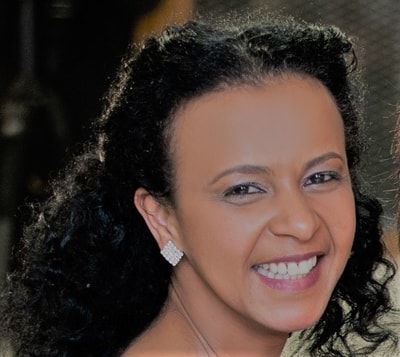 Terhas Berhane-Rwakaara is an Eritrean-Ethiopian, born and raised in Sudan. Now based in the US, she is currently a full-time management employee with two children. With high family and community values, faith and family are her priorities. She is also a huge advocate of civic duty and volunteerism, and is passionate about mentoring women. Diagnosed with ADHD as an adult, she feels the responsibility to do more to raise awareness and remove the stigma associated with mental illness in her culture.
Terhas Berhane-Rwakaara is an Eritrean-Ethiopian, born and raised in Sudan. Now based in the US, she is currently a full-time management employee with two children. With high family and community values, faith and family are her priorities. She is also a huge advocate of civic duty and volunteerism, and is passionate about mentoring women. Diagnosed with ADHD as an adult, she feels the responsibility to do more to raise awareness and remove the stigma associated with mental illness in her culture.
Stay tuned for more articles from Terhas, where she shares her personal journey dealing with ADHD, and stories of women and expert interviews on mental health.

